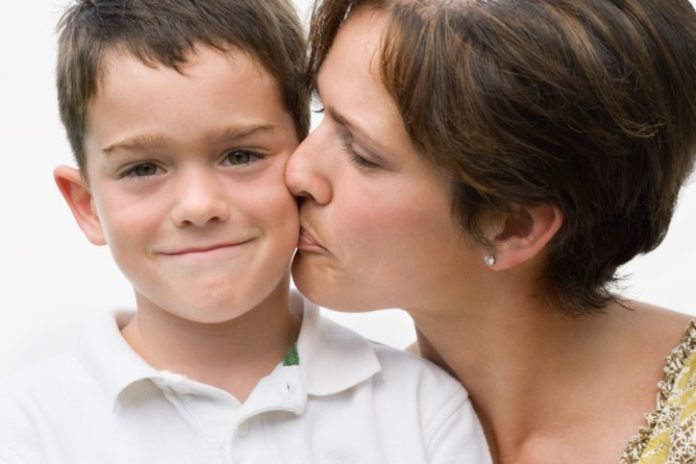Do mothers invest more care in their sons if they believe their child is destined to be a king, president or a high-powered leader?
The answer is definitively yes – as long as those mothers and their sons happen to have hooves.
New research from BYU reports that, just like the classic tale of Bambi, females from the deer family are more likely to invest more in the survival and health of their male offspring if there is a good chance those sons will become a “Great Prince of the Forest.”
“Our research demonstrates clearly that a mother’s investment in her offspring was evident during adulthood, even though offspring live independently of their mothers from a very young age,” said Brock McMillan, associate professor of wildlife ecology at BYU.
The comprehensive study of deer and elk from the Intermountain West found that the most dominant males at the time of death were those who were born into the most favorable maternal conditions 5 to 15 years before.
While favorable maternal conditions are largely tied to the health of the expectant mother, there are additional elements at play.
A mother’s investment happens both in the womb and during the first few months of life. During those early stages of life, mothers take care to provide more excellent nourishment through lactation as well as better habitats for the baby.
“Male deer and elk live independently of their mothers for several years in highly variable environments,” McMillan said. “They live through severe winters with deep snow and little to eat, dry summers with poor quality food and years of injuries and ailments associated with everyday life. Even with many years of exposure to the environment, the maternal effect was still evident.”
Whereas deforestation, human-encroachment into natural habitats, increased predators, and several other factors have been thought to play the most prominent roles in determining deer and elk population trends, this study implies that an equally important factor is the health and nurturing of the mothers years before.
“For those unconcerned about deer or elk, this research can be a reminder that similar research exists for humans,” said student Eric Freeman, lead author on the study. “Conditions experienced in utero affect offspring throughout their life even in long-lived species.”
With the study, Freeman joined the throngs of BYU students before him who completed peer-review research as undergraduates.
“In many ways, this research was the most important part of my undergraduate education,” Freeman said. “I became a much better thinker and writer as a direct result of my work on this research with my advisors.”
Source: Brigham Young University
Do mother's invest more in their sons?
- Advertisement -
Date Created: March 20, 2013










